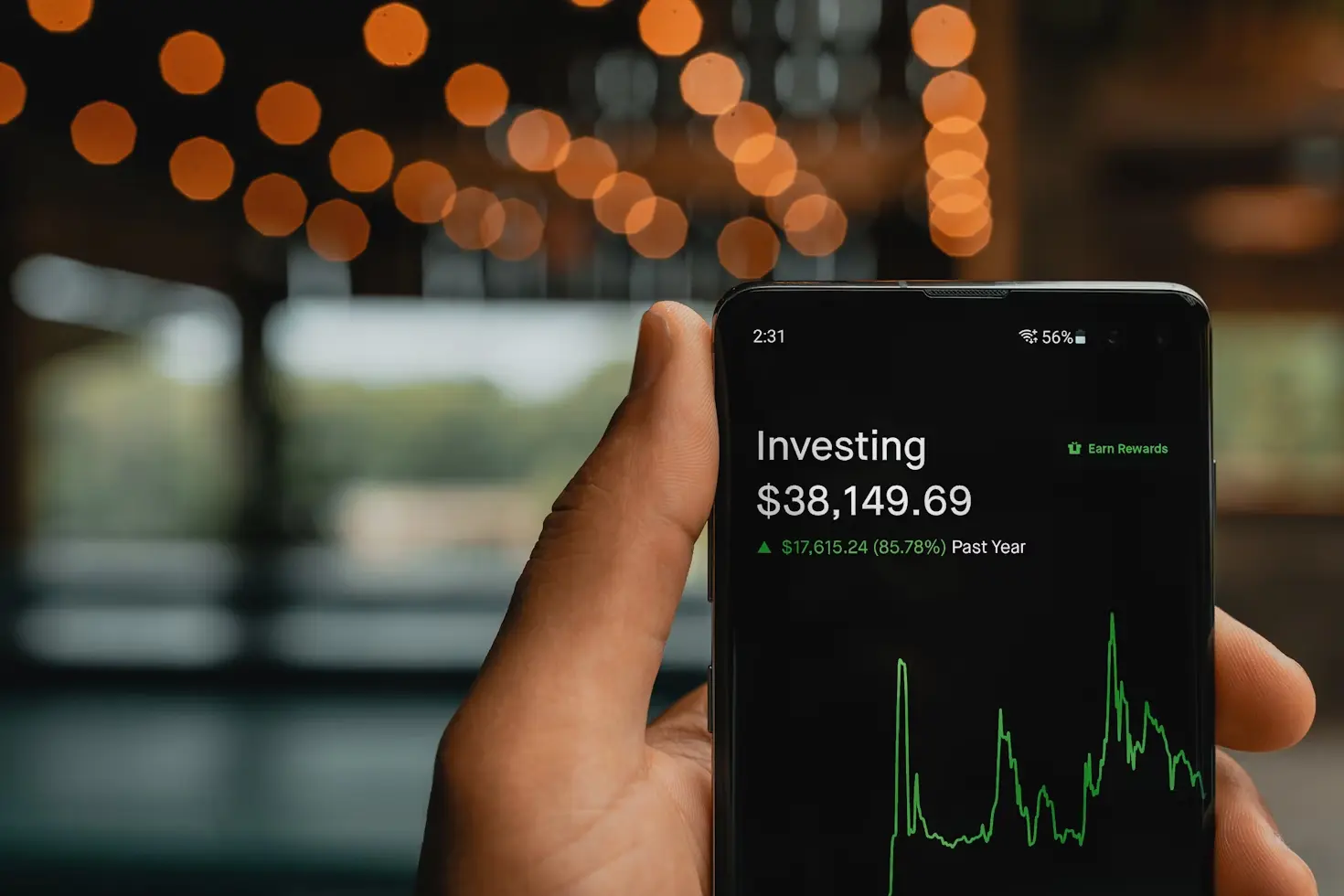In the fast-paced world of crypto futures trading, choosing the right crypto futures signals provider can mean the difference between consistent returns and wasted capital. While many services promise high win rates or AI-powered insights, very few offer the operational discipline that separates serious traders from the rest — namely, a structured trading schedule with clearly defined market zones.
For businesses and individuals looking to use signals as a tool for growth, cash flow stability, or portfolio diversification, understanding how to evaluate a provider is critical. This guide offers a practical checklist for assessing whether a service can truly deliver — and filters out those who can’t.
Why Schedule and Zone Data Is a Game-Changer
Most signal providers overload traders with direction, entry points, and multiple exit targets. On paper this looks useful, but in reality it rarely matches live conditions. Different exchanges show different prices, so the “entry” almost never lines up. Targets are scattered — some are hit, others drift, leaving traders unsure whether they should stay in or get out. It creates confusion, hesitation, and inconsistency.
A proper provider strips this down to what actually matters:
- Direction — up or down, long or short.
- Timing — signals are valid for seconds; if you’re late, it’s stale.
- Exit — a clear call when the setup is finished.
- Quality — separated into Green (high probability), Yellow (moderate), and Red (don’t trade).
The advantage of this approach is simple: traders act with clarity, focus only on high-quality setups, and avoid wasting capital in poor conditions.
The Green Zone Advantage
In an optimal setup, a provider should clearly state how many signals are expected in each Green Zone. For example, a professional crypto futures signals operation might deliver anywhere from 70-80, up to 150 high-confluence signals per day during Green Zone hours. This is enough activity to provide plenty of opportunity without forcing trades outside of favorable conditions.
By contrast, providers that offer no schedule or zone breakdown leave traders guessing, which often leads to overtrading, burnout, and lower-quality results.
The Data Behind the Schedule
The reason most providers don’t offer structured schedules is simple — they don’t have the data volume or analytical infrastructure to produce them. A top-tier service can process hundreds, even close to a thousand trades per day across different strategies and timeframes. That scale allows them to identify patterns and validate timing windows with a level of accuracy no single trader — and certainly no low-volume provider — can match.
For businesses, this level of precision translates into efficient capital allocation. You’re not just getting trade entries; you’re getting a ready-made operational timetable.
Your Due-Diligence Checklist
When evaluating a crypto trading strategy provider, ask these questions:
- Do they publish a structured trading schedule? If they can’t show defined Green, Yellow, and Red Zones, they’re likely operating without a tested timing model.
- Do they disclose expected Green Zone signal volume? Knowing how many trades to expect each day helps with resource planning and risk control.
- What’s their trade data sample size? High-accuracy schedules require massive data sets — if they can’t demonstrate scale, their timing data may be unreliable.
- Is their performance independently verifiable? Look for timestamps, trade history logs, or third-party audits.
DIY vs. Professional Schedules
It’s possible to create your own trading schedule by logging every trade you take and reviewing performance over weeks or months. However, without the volume of trades a professional service processes daily, your results will be limited. A high-volume provider refines schedules continuously, adapting to shifts in volatility, liquidity, and macroeconomic conditions.
This means they’re not just saving you time — they’re delivering better timing data than you could develop on your own.
Risk Management Through Timing
Timing isn’t just about catching the best trades; it’s also about avoiding the worst. A structured trading schedule is a built-in risk management tool. By focusing activity in Green Zones, you naturally reduce the chance of entering trades in choppy, illiquid markets that can trigger unnecessary losses.
Combined with disciplined position sizing — small bets and large margin buffers — timing transforms from a convenience into a core component of your risk management plan.
Spotting Red Flags
During your evaluation, watch out for these warning signs:
- No mention of trading schedules or zones.
- Signals delivered at random times throughout the day with no performance breakdown by session.
- Aggressive marketing that focuses solely on “win rate” without context.
- No explanation of methodology, data sources, or trade validation process.
These are indicators that the provider is more focused on sales than delivering a genuinely structured, data-backed service.
Final Thoughts
In the modern trading landscape, crypto futures signals are more than just alerts — they’re a form of business intelligence. The most valuable providers don’t just tell you what to trade; they tell you when to trade it and when to stay out entirely. Green Zone scheduling, clear signal volume expectations, and a data-driven timing model are non-negotiables for any serious trader or business looking to integrate signals into their operations.
Choosing a provider with these capabilities doesn’t just improve profitability; it reduces wasted time, minimizes risk, and gives you a disciplined framework that most competitors can’t match.
About SignalCLI
SignalCLI is a crypto futures signals provider focused on clarity, precision, and informed decision-making. Using a combination of established technical indicators, Smart Money Concepts, and advanced AI analysis, SignalCLI delivers structured, data-driven insights to help traders identify high-probability setups in fast-moving markets. The service is designed for those who value disciplined execution, risk awareness, and timing over speculation. For deeper insights and practical examples, visit www.signalcli.com and explore Jack Reddington’s Medium for trading strategies, market breakdowns, and educational articles.








